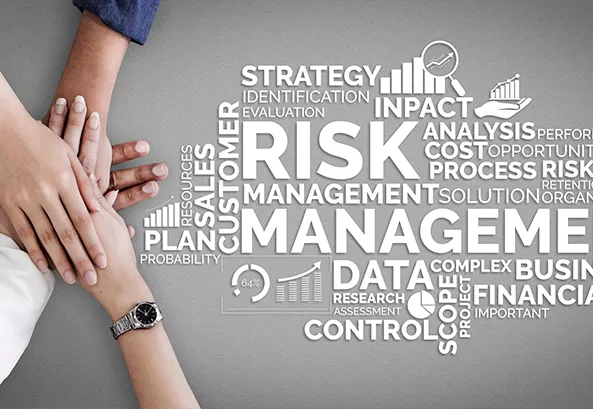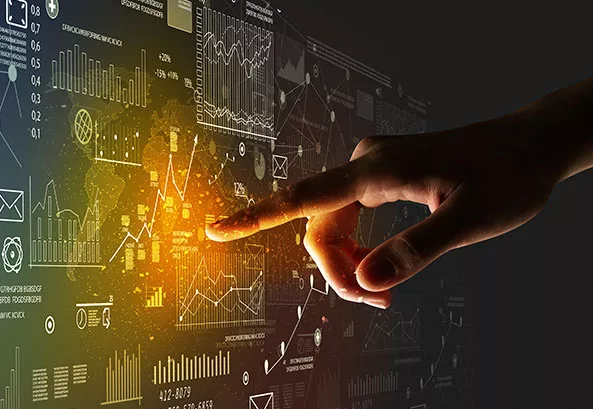
Logistics and transportation
We support the leaders of the transport and logistics sectors in their organizational, informational and risk management transformationThe logistics and transport sector is immersed in a transformation process that focuses on sustainability, as well as on evolving its processes and systems towards digitalization, seeking, among other objectives, resilience in an environment in which uncertainty is becoming a constant.
The development of master plans (including optimization of routes, packaging, use of alternative fuels, etc.), carbon footprint measurement and climate risk measurement are therefore the order of the day.
On the other hand, the rise of e-commerce continues to be the growth driver in the logistics sector, where the use of new technologies is also completely disruptive. Trends such as robotic warehouses, distribution flexibility to meet customer needs, the use of Artificial Intelligence to optimize routes and, at a less mature stage, autonomous transport, will mark an unprecedented business transformation in this sector.
Companies in the industry are therefore looking to digitalization for new tools and levers to meet existing challenges (looking into supply chain processes using process mining technologies, applying specialized data mining algorithms to identify sources of delay or error, etc.).
There are also government initiatives to encourage digitalization and the promotion of open data from public and private operators, aimed at increasing competitiveness and efficiency, as well as opening up new business opportunities for emerging companies.
Finally, due to this environment of uncertainty and investment requirements, the focus on efficiency in all its aspects is a key factor, which is materialized in aspects such as process optimization, efficient management of human resources or cost reduction policies.
Our practice
At Management Solutions we accompany the leaders of the transport and logistics sector in their organizational transformation - implementing efficiency programs and agile transformation of processes and improving human resource management in a digital, informational context - putting at the service of advanced techniques modeling, governance and data treatment, optimal models for the exploitation of information, analytical and budgeting models, etc.-, risk management (maps and risk measurement methodologies, assurance and internal control maps, climate and sustainability risk management, etc.).

